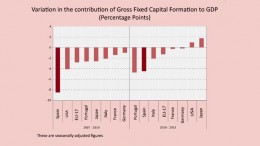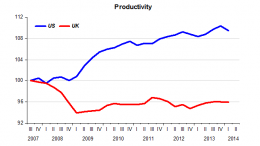Government and unions want us to work less for same pay and reduce working week to 37.5 hours
Today is the meeting of the so-called “social dialogue”, the “social monologue” according to CEOE and CEPYME, the employers’ associations of large and small companies that have declined to present an alternative proposal to the decision already taken by the Government and trade unions (CCOO and UGT) to reduce the working week from 40 to 37.5 hours without a reduction in pay. Thus measure, according to their calculations, will mean…








